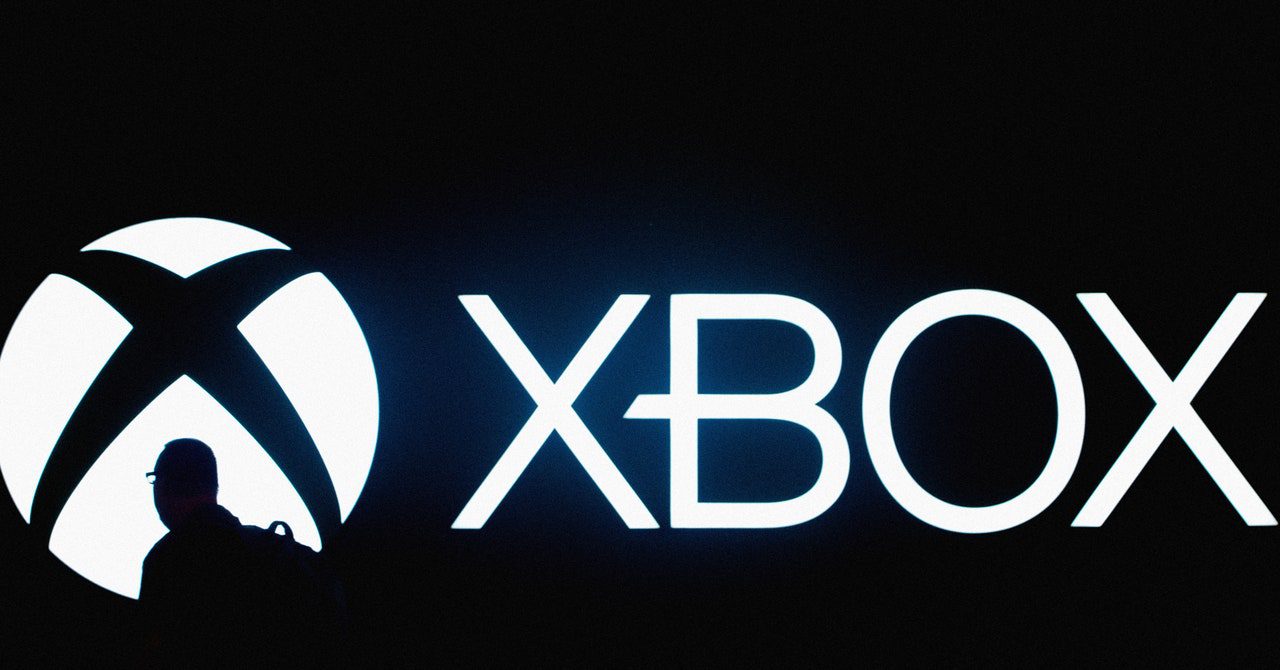
Microsoft is diving further into the realm of generative artificial intelligence in gaming with the introduction of Muse, a newly unveiled AI model. This innovative model, developed using training data from Ninja Theory’s multiplayer title Bleeding Edge, is designed to assist Xbox game creators in building game components. According to Microsoft, Muse possesses the capability to comprehend the physics and 3D space within a game, allowing it to generate visuals and respond dynamically to player actions.
Among the diverse applications that Microsoft has highlighted for Muse, one particularly captivating aspect pertains to game preservation. The tech giant asserts that Muse AI has the potential to analyze its extensive library of classic games and enhance them for current hardware capabilities.
Fatima Kardar, Microsoft’s corporate vice president for Gaming AI, conveyed in a press release: “The thought that cherished games, which have been lost due to advancements in technology, might one day be accessible on any screen with Xbox is a thrilling prospect for us.”
The company is committed to further exploring generative AI, particularly in assisting game development teams with prototyping their concepts. As stated in the announcement, the Xbox division consulted with 27 game creators from around the world “to ensure that their insights shaped the research.”
However, feedback from developers and the broader gaming community has been swift, with many expressing discontent towards Muse. David Goldfarb, a veteran game developer and founder of The Outsiders, voiced his frustration on social media, stating, “This is ridiculous.”
Despite rising interest in generative AI among executives, the technology’s appeal among actual game developers is diminishing. Goldfarb articulated his belief that generative AI may not benefit the gaming industry, suggesting that its promotion is driven primarily by cost-cutting measures that risk rendering the hard work and artistry of game developers obsolete.
“The core problem is that we’re losing craftsmanship,” Goldfarb explained. “By relying on these technologies, we inadvertently validate a select few who own these tools, disregarding the profound impacts they have on our lives.”
A recent investigation by WIRED revealed that AI is displacing human workers from the video game creation process just as the industry is facing a significant contraction. In recent years, thousands of developers have experienced layoffs, and this trend appears to be ongoing into 2025. While some developers argue that AI cannot replicate creativity in games, others remain apprehensive about job security in a landscape increasingly dominated by tools that might diminish the need for their expertise.
“It’s a classic scenario where Xbox is losing talent while simultaneously investing heavily in generative AI, failing to recognize the obvious signs,” said a AAA developer, who chose to remain anonymous due to restrictions on discussing Muse. “They are oblivious to the fact that this may not appeal to audiences. Conversations around this topic are being kept quiet, as many fear that opposing it could jeopardize their jobs amid the current turmoil in our industry.”









